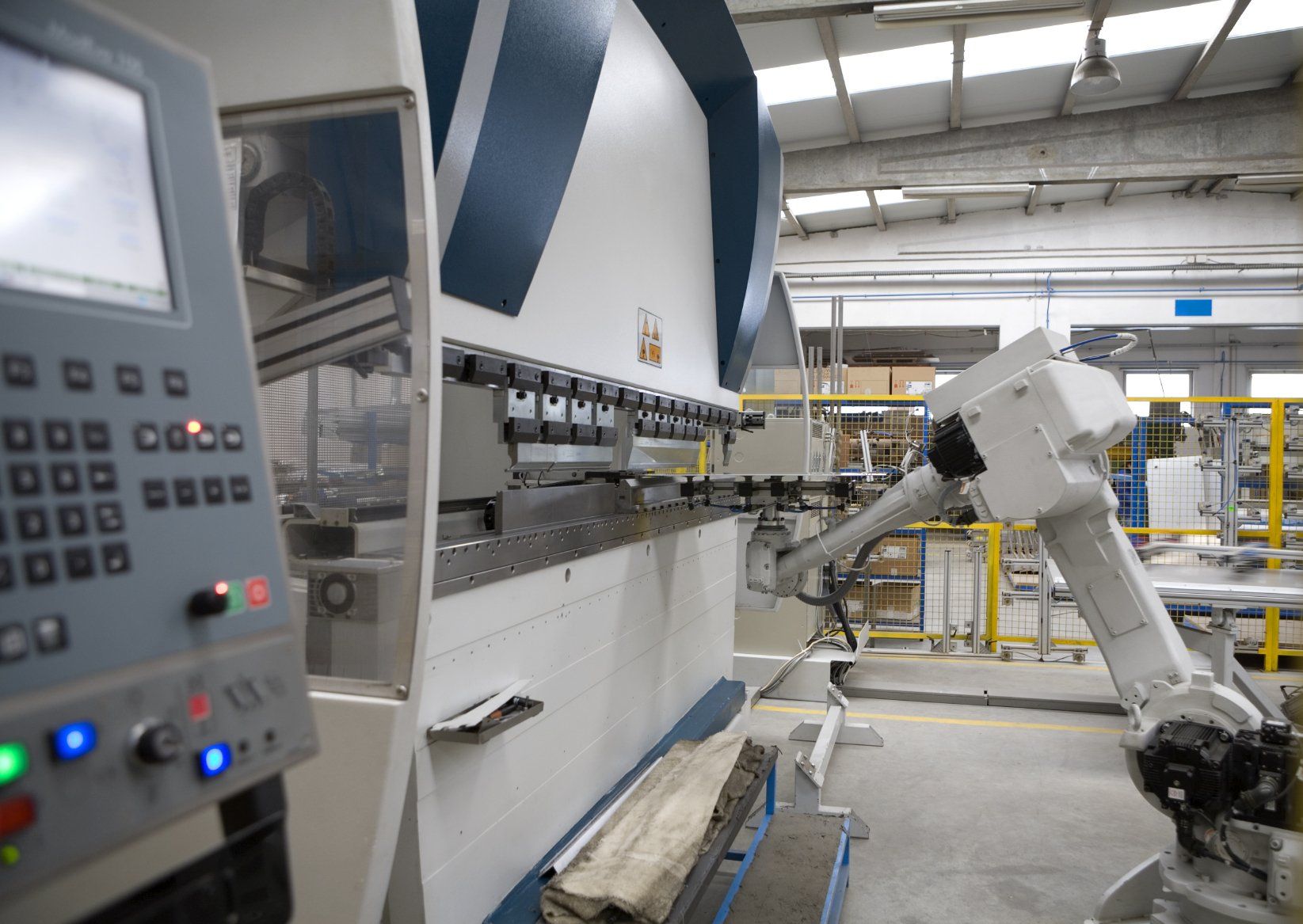ARTIFICIAL INTELLIGENCE (AI)
The new hype topic of the tech scene.
AI / MACHINE LEARNING
TYPICAL POSITIONS:
- Business Consultant Artificial Intelligence
- Artificial Intelligence Consultant
- Artificial intelligence specialist
- Artificial Intelligence experts
- Software Engineer Artificial Intelligence and Machine Learning
- Engineer Artificial Intelligence
- Field Application Engineer Autonomous Driving
- Data Analysis and Machine Learning Solutions Engineer
Artificial Intelligence
Google, IBM & Co. invest huge sums in self-driving cars and smart virtual assistants. But German companies are also driving exciting developments - and are even running ahead of the US competition.
The battle for clever machines seems to be over, if you take the expenditure as a yardstick. According to analysts, large American internet companies such as Facebook, Amazon or Apple invested around ten billion dollars in the new hype topic of the tech scene in 2015 alone: artificial intelligence (AI).
The term "artificial intelligence" was used at a scientific conference first mentioned in the United States in 1954. The scientist Marvin Minsky, who is considered one of the founding fathers of AI, defined the term in 1966 as follows: Artificial intelligence is when machines do things that are supposed to be intelligent in humans. The General Problem Solver was introduced in the late 1960s. This was an AI system that was able to solve simple problems. The ELIZA program developed at MIT also attracted attention at the end of the 1960s. The chat program was able to simulate a therapy conversation.
Better processor performance and storage options ensured that the capabilities of the AI improved continuously in the following years. Computer or mobile device users now come into contact with artificial intelligence through programs such as Siri or Cortana. Siri and Cortana are intelligent assistants that are used in the iOS and Windows 10 operating systems.
Methods for creating artificial intelligence
The basic assumption of AI is that human intelligence is the result of various calculations. The AI can be generated in different ways. There are now AI systems whose main task is to recognize patterns and consequently take appropriate action. There are also so-called knowledge-based AI systems. They try to solve problems based on the knowledge stored in a database. Other systems in turn use methods from the probability calculation to react appropriately to given patterns.
Modern AI forms
The latest forms of artificial intelligence include approaches such as cognitive computing, neural networks and natural language processing. Cognitive computing is a concept that aims to adapt existing information systems to the requirements of today. This is intended to improve the interaction between the computer system and humans.
A neural network consists of artificial neurons and is based on the structure and functioning of the human brain. This should enable a neural network to make particularly realistic calculations. Neural networks are now used in numerous areas of science and industry. For example, the company Google uses a neural network for its AI system DeepMind and combines this with methods from the field of machine learning. DeepMind and the machine learning approach not only aim to equip computers with intelligence, but also to better understand how the brain works.
Deep learning is also used for this. Deep learning is a sub-area of machine learning. Together with neural networks, deep learning currently offers the best way to recognize images and speech. Natural language processing means the processing of natural language. Natural Language Processing and Cognitive Computing focus on the interaction between computer and user.
Applications
There are now many possible uses for AI systems. Companies often use the opportunity to make their communication with customers more efficient by using chatbots. Warehouse management or purchases can now also be carried out by AI-based systems. Artificial intelligence in the form of robotics is used in the production of machines or devices. AI can also be used in the automotive sector. There, artificial intelligence is used, for example, to develop and implement self-driving cars.
Machine Learning
Machine learning, in German machine learning, is a sub-area of artificial intelligence. By recognizing patterns in existing databases, IT systems are able to independently find solutions to problems.
Machine learning is a sub-area of artificial intelligence. With the help of machine learning, IT systems are enabled to recognize patterns and laws and develop solutions based on existing data and algorithms. Quasi artificial knowledge is generated from experience. The knowledge gained from the data can be generalized and used for new problem solutions or for the analysis of previously unknown data.
Applications for machine learning
Machine learning has a very wide range of possible applications. In the Internet environment, machine learning is used for the following functions, for example:
- independent detection of spam mails and development of suitable spam filters
- Speech and text recognition for digital assistants
- Determining the relevance of websites for search terms
- Detection and differentiation of internet activity from natural persons and bots
- Image and face recognition, automatic recommendation services or the automatic detection of credit card fraud.
Big data and Machine learning
The development in the field of big data technology has also given machine learning an enormous boost. Since machine learning requires large amounts of data and must be processed efficiently, big data systems form the ideal basis for this type of learning. With the help of big data, both structured and unstructured data can be analyzed quickly and with relatively little hardware expenditure and fed to the learning algorithms.
Distributed computer structures and particularly fast-working database systems are used for machine learning. Artificial neural networks that function on the model of the human brain are also used.
STARTUP COMPANIES IN GERMANY (A-Z)
- Arago
- Ava
- Blue Yonder
- Empolis
- Cargonexx
- Micropsi Industries
- Semvox
- Spectrm
- Twenty Billion Neurons
- Valuescope









